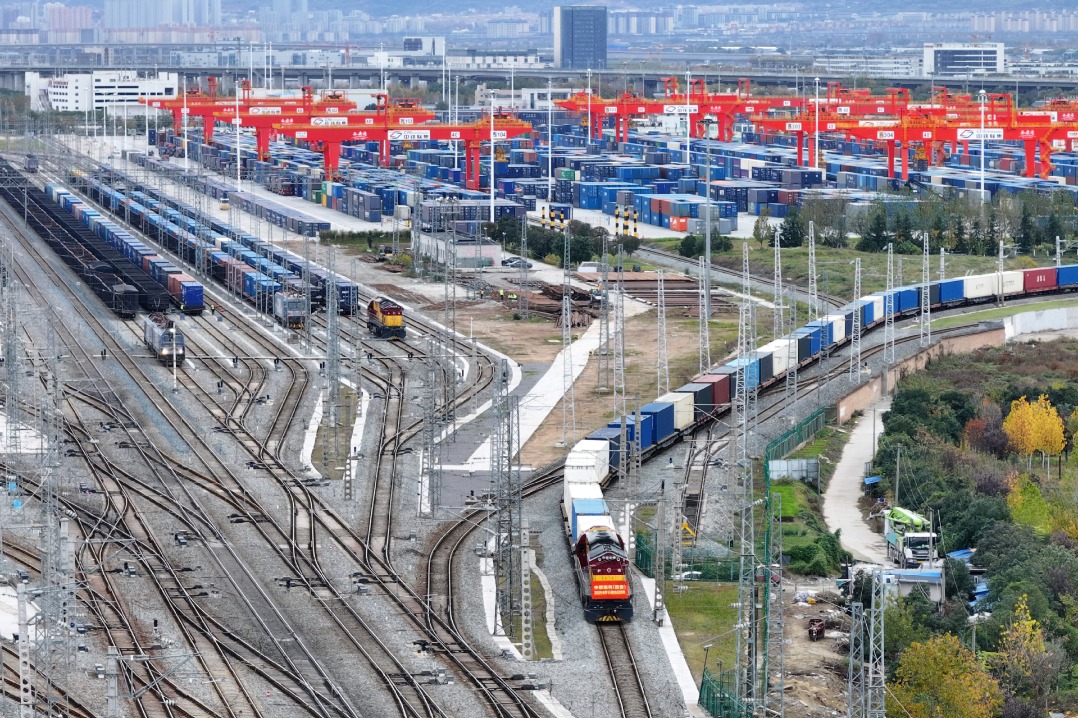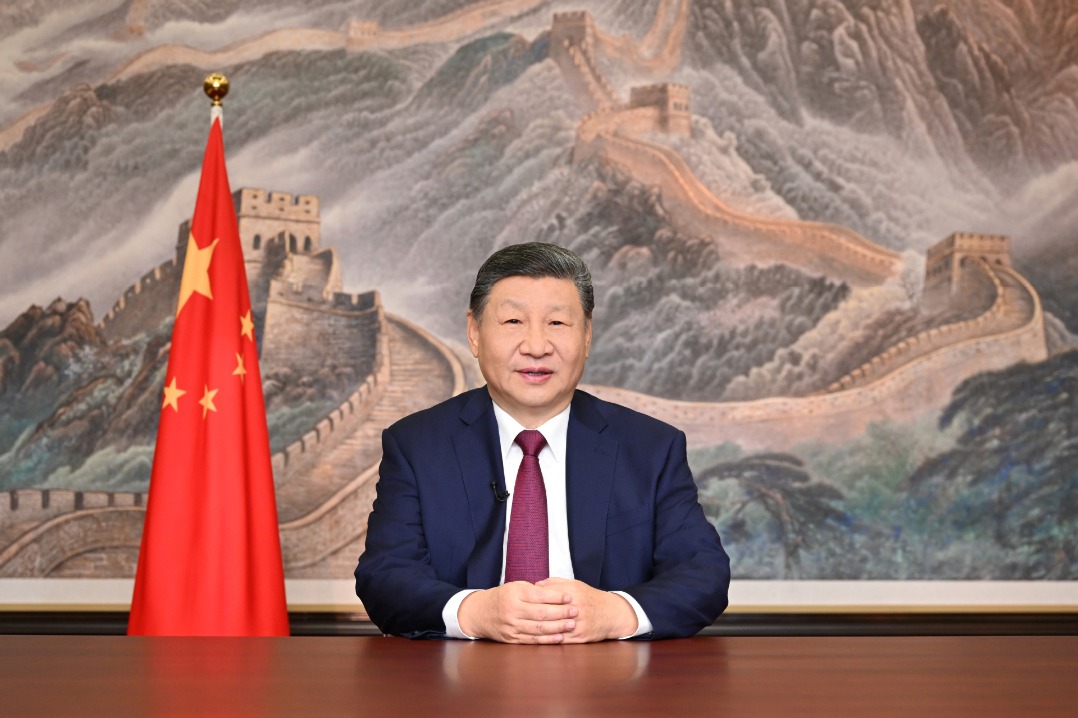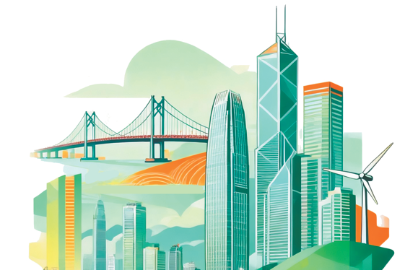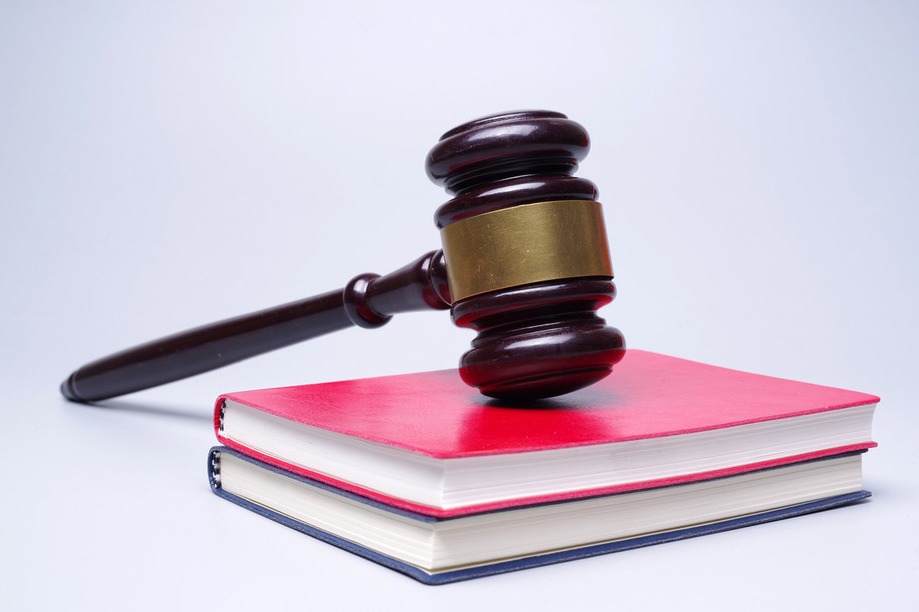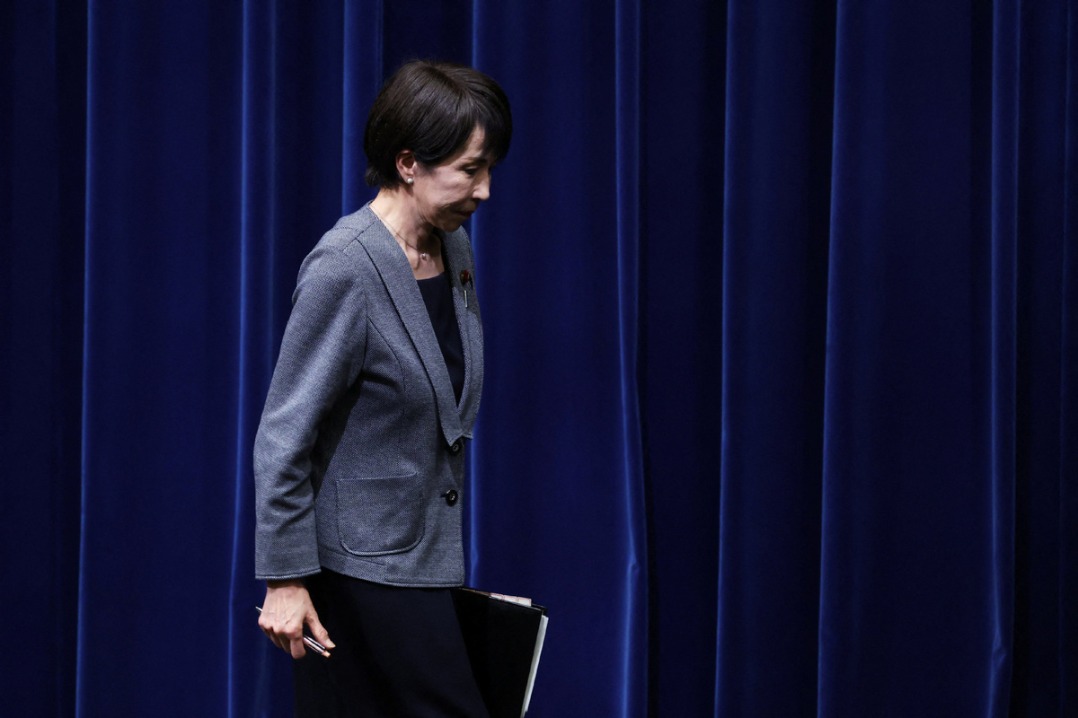Removing the tumor of corruption


One year after the National Supervisory Commission was established on March 23, 2018, as the highest anti-corruption agency, China's supervisory system reform has made concrete achievements. Xi Jinping, general secretary of the Communist Party of China Central Committee, while fully affirming the initial results at a collective study session of the members of the Political Bureau of the CPC Central Committee on Dec 13, 2018, raised explicit requirements for strengthening supervision over public power, improving the discipline inspection and supervision systems, and standardizing and correctly exercising supervision power.
These remarks have pointed out the path for deepening reform of the national supervision system so that it punishes the corrupt and prevents corruption by addressing both the symptoms and root causes of corruption.
Oversight over all who exercise public power
To this end, the country should combine corruption prevention and punishment measures, and maintain zero-tolerance to corruption, so as to treat what would otherwise be a "fatal tumor".
To better grasp the overall reform goal of tackling the symptoms and root causes of corruption, the anti-corruption system must be strengthened to act as a deterrent to corruption, put power in the cage of law and enhance anti-corruption awareness. In his remarks at the study session, Xi stressed the need for deepening the reform so that the supervision system covers all personnel exercising public power and not just those of the administrative organs.
The Constitution of the Party stipulates that the Party's discipline inspection organs shall perform supervision, discipline enforcement and accountability duties, while the law stipulates national supervisory organs shall perform supervision, investigation and disposition duties. This determines that "supervision" is the common duty of discipline inspection and supervisory organs, namely, supervision should be strengthened over both Party members and non-Party members to realize all-inclusive coverage of the supervisory network and enhance its seriousness and effectiveness.
Thus the system is not just administrative anti-corruption supervision, rather it is supervision over all personnel exercising public power on behalf of the Party and the nation under the direct leadership of the Party.
Practices have proved that both intra-Party supervision and State supervision are important components of the governance system with Chinese characteristics. Only by strengthening discipline inspection and supervision in these two aspects can public power be put into the institutional cage, as strict supervision itself is a part of the comprehensive campaign against corruption.
Supervision must uphold Party discipline and the law
The supervision system needs to strictly regulate the risk points that have been exposed in the use of power and promote institutionalization of discipline inspection and supervision. It means the country must promote a unified discipline and law enforcement decision-making mechanism and combine the application of Party discipline with the application of the law.
Anti-corruption work must be based on strict procedural justice to promote the rule of law. Therefore, basic rules on investigation and evidence collection should be established, such as rules for the collection of material evidence and documentary evidence, and provisions made for the way evidence is collected and identified, and the requirements for presenting video evidence and documentary evidence.
In his speech, Xi said the Party's leadership over the reform of the discipline inspection and supervision system should be strengthened, in order to enhance coordination among different regions and departments at home, and strengthen the pursuit of corrupt officials who have fled abroad and the retrieval of assets and funds they have embezzled.
This requires the country to optimize the supervision of superior discipline inspection organs over subordinate ones, and optimize and perfect unified management to ensure there is no supervision vacuum. Party committees at various levels should explicitly support same-level discipline inspection commissions in exercising their functions and powers and create favorable conditions for them to perform their duties.
They should promptly study and solve any problems exposed by the reform of the discipline inspection and supervision system, and make the anti-corruption work more coordinated and efficient.
Supervision organs should coordinate anti-graft work
Discipline inspection and supervision organs should assume the responsibility of anti-corruption coordination, such as strengthening coordination in implementing the decisions of the Party Central Committee and the work plans of the Party committees at their corresponding levels, or through the establishment of some rules and regulations.
At the same time, for better coordination, the work of supervisory and judicial departments should be effectively integrated. Supervisory organs should combine the implementation of the Supervision Law with the revised Criminal Procedure Law, and establish a communication and coordination mechanism with judicial organs.
Given that discipline inspection and supervision cadres are on the front line of anti-corruption efforts and thus face the test of maintaining their integrity, they must conscientiously accept the supervision of the Party and the people, exercise power with great caution, strictly abide by the law and Party discipline, and ensure supervisory power is exercised in a standard and correct manner.
To this end, they should first make absolute loyalty to the Party the foremost requirement for their work, bearing in mind their identity as Party members and their duty to the Party and the people. To do a better job, discipline inspection and supervision cadres should also be armed with excellent professional ethics, profound professional knowledge and professional skills.
To standardize and correctly exercise supervision over public power, the selection, appointment and performance assessment of discipline inspection and supervisory cadres should be optimized. For example, the establishment of a qualification access system for discipline inspection and supervisory cadres should be set up to ensure new recruits have basic professional qualities and abilities.
The author is professor at the Xiangtan University's law school and director of China Anti-Corruption Judicial Research Center. The views don't necessarily represent those of China Daily.
















